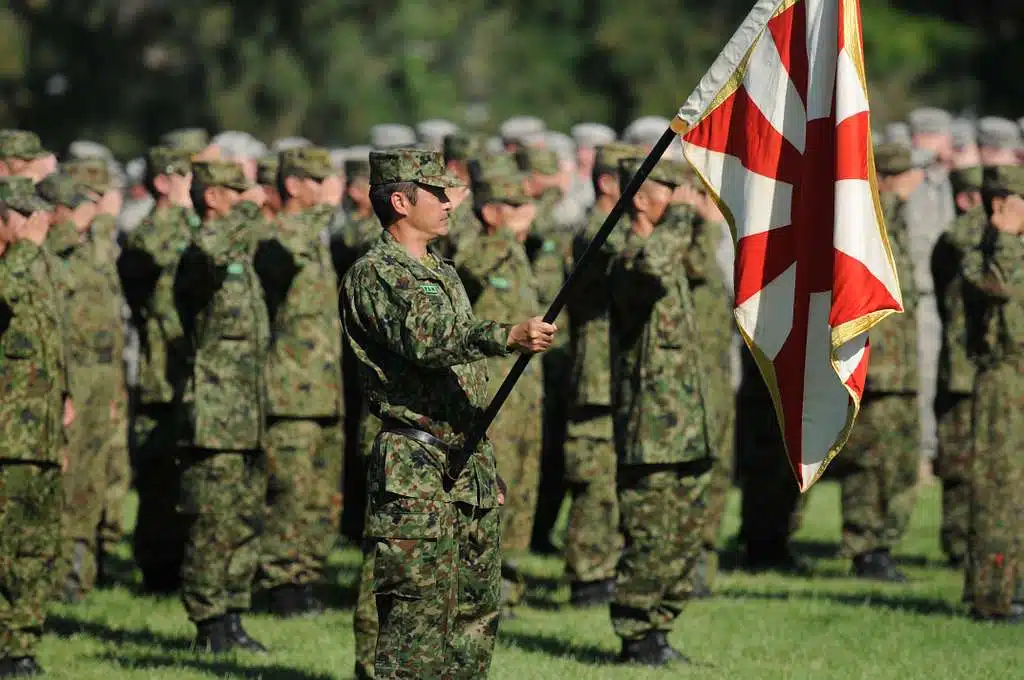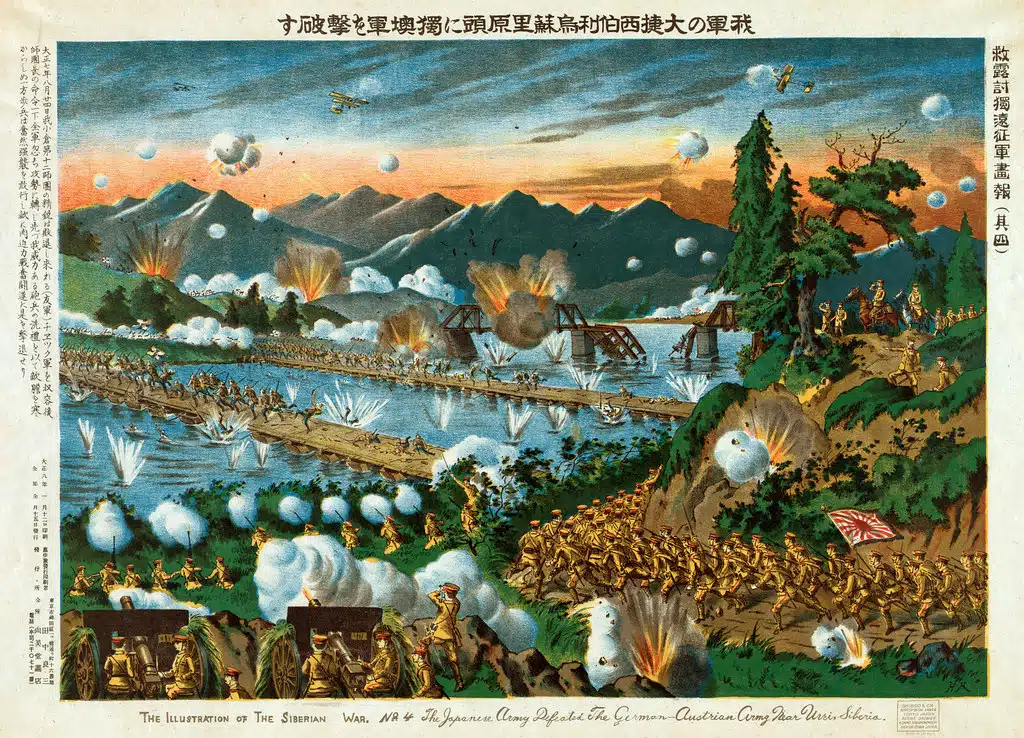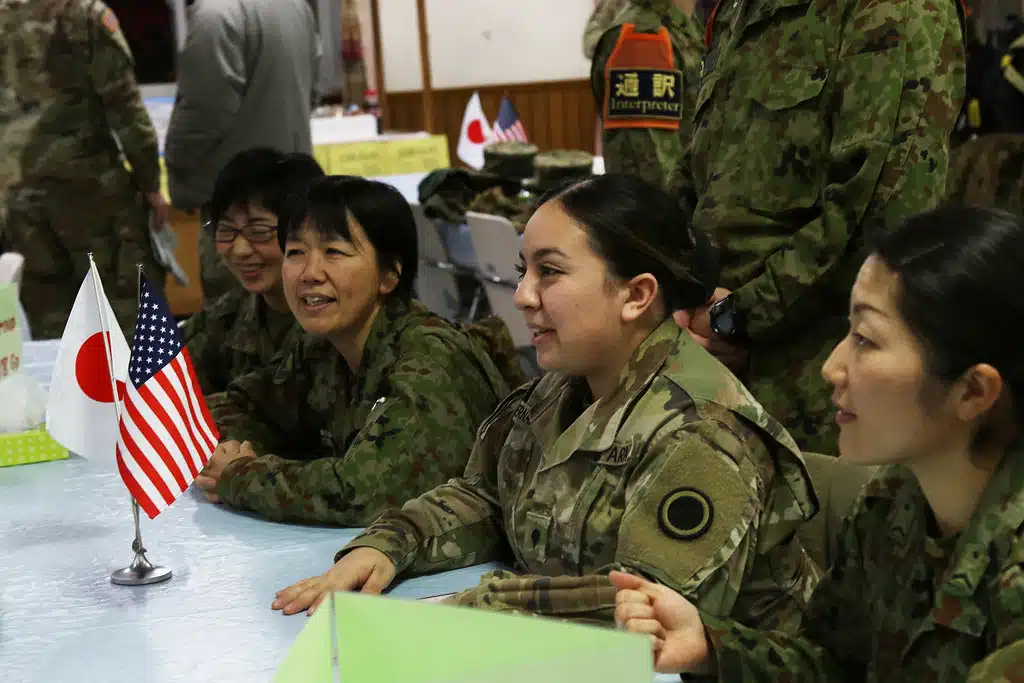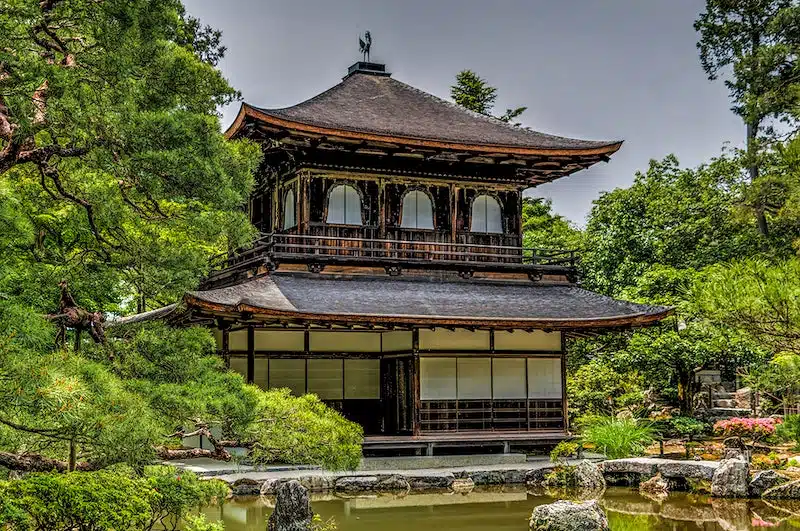Posted inQuestion about Japan
Why Japan is not legally allowed to have army?
Japan does not have an army due to Article 9 of its constitution, which renounces war as a means of settling international disputes and prohibits Japan from maintaining land, sea, or air forces for warfare purposes. Instead, Japan has a self-defense force responsible for defending the country from external threats and can only use force in self-defense. However, some Japanese politicians are calling for a review of Article 9 and a reevaluation of the country's military policy as international tensions continue to rise. Despite not having an army, Japan has been an active participant in international peacekeeping efforts and has invested heavily in advanced weapons systems and cybersecurity measures for its defense strategy.









